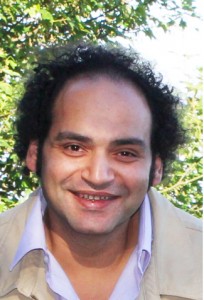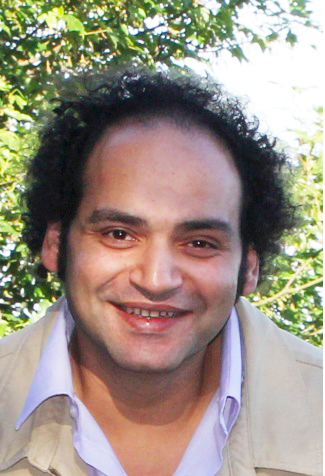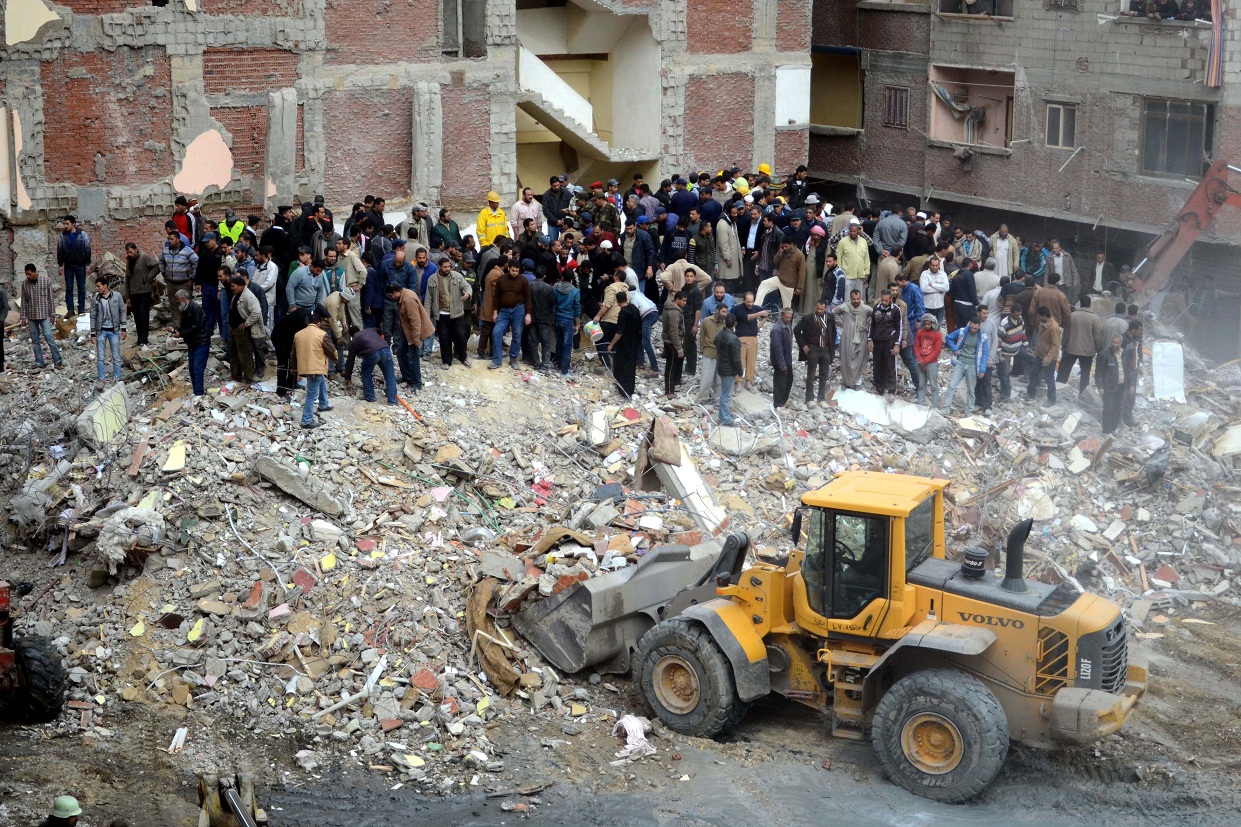 The constitutional fiasco is finally over; leaving the burden of dealing with its consequences and the political chaos this constitution is likely to produce on the shoulders of the opposition.
The constitutional fiasco is finally over; leaving the burden of dealing with its consequences and the political chaos this constitution is likely to produce on the shoulders of the opposition.
In an attempt to face the Muslim Brotherhood’s ever growing hunger for power, the opposition has decided to further consolidate its unified front and prepare itself for the battle of the parliamentary elections. Indeed there is an opportunity now for the opposition to deliver a better performance than in any previous election, specifically if the National Salvation Front remains effective and cohesive. But that does not necessarily mean that the upcoming elections are without challenges.
Probably the first challenge is to resolve the question that still looks for an answer; when will the election be held and under what legislation?
I have heard more than once from different people that according to the new constitution, parliamentary elections must be held within 60 days of its passing. In fact, this idea is nothing but a misunderstanding and a common mistake. The new constitution does not touch upon the circumstances of the parliamentary elections in any way. Therefore, there is absolutely no timeframe for the elections. The timing of these elections depends on the imminent vote on the election law in the Shura Council, and the political will of the executive to call for an election.
But can the Shura Council draft an election law any time soon? It could indeed if it finalises the draft already proposed by the Muslim Brotherhood. However, if this was the case, why appoint key figures from the Brotherhood like Esam El-Erian in the Shura Council? El-Erian could easily make it into parliament in any election, but appointing him a member in the Shura Council suggests that the Brotherhood knows that parliamentary elections are not going to happen any time soon.
After all, the Brotherhood fought a battle for the legislative authorities granted to the Shura Council by virtue of the new constitution in the absence of a lower parliament. It is unlikely that they will sacrifice their ultimate majority before making the best use of it.
Moreover, it would be logical to assume that the Brotherhood’s resources are being eaten away by consecutive elections. It is no secret that the Brotherhood pays millions of pounds campaigning for every election or referendum. But the Brotherhood has rallied for five major votes in less than two years; it would not be a bad deal if they can hold back on the upcoming election.
At the same time, the opposition is finally able to mobilise more resources and demonstrate promising campaigning potential. So in a nutshell, the first challenge facing the opposition in the upcoming election is the fact that there is no timeframe and there is reluctance when it comes to the political will of the executive.
But the challenges do not only come from the outside. It is no secret that the unity of the NSF is in question. There are two main points of conflict inside the front, one has to do with the affiliation of some members with the former regime, and the other has to do with the coordination of party lists and parliamentary candidates; first within each party and then inside the front as an entity.
Although serious efforts are being exerted to counter the voices that demand a split into two lists, future divisions are still likely to take place. Coordinating candidates is not an easy job either, since several new faces seem to have decided to run for parliament.
Finally, the greatest challenge remains the absence of trust in the upcoming elections. Egypt’s old problem with elections still exists, the first beneficiary is the one who monitors the elections. The referendum is proof that the will of the people is still very much manipulated; the difference in the means does not change the essence. The real challenge the upcoming election presents is the fact that it will be held and monitored by a leadership that makes it harder every day for the people to trust in it.




